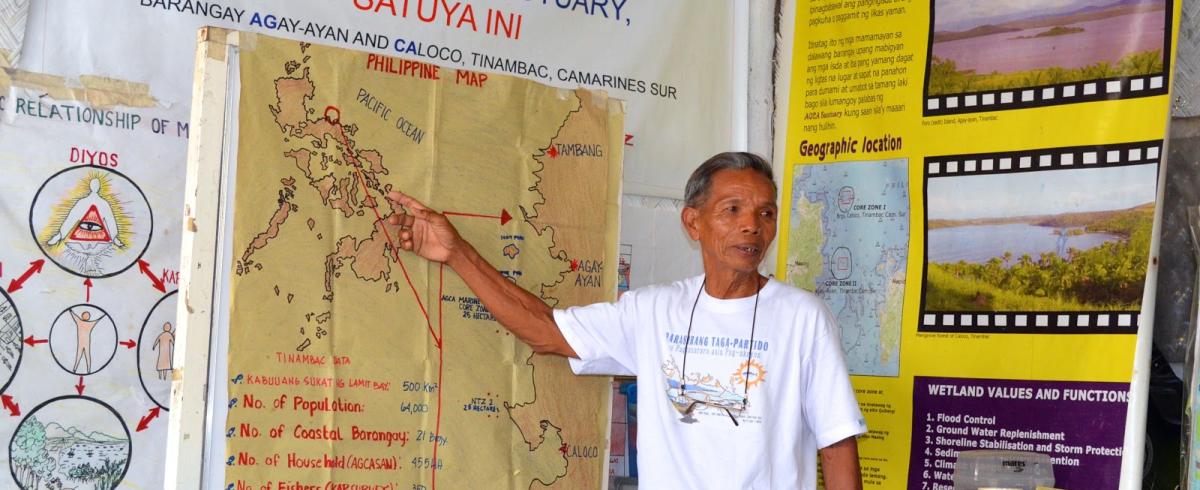Fishery Characterization Guide
The Fishery Characterization Guide helps stakeholders gather contextual information about a fishery in order to make well-informed decisions during fishery reform and management processes. The Guide helps fishery practitioners examine several aspects of a fishery including: ecosystem, fishermen and fishing grounds, fishing infrastructure, species information, markets and sociocultural characteristics. When working with project partners in a fishery, reviewing the Guide can ensure that everyone has a common understanding of the characteristics present in the fishery.

